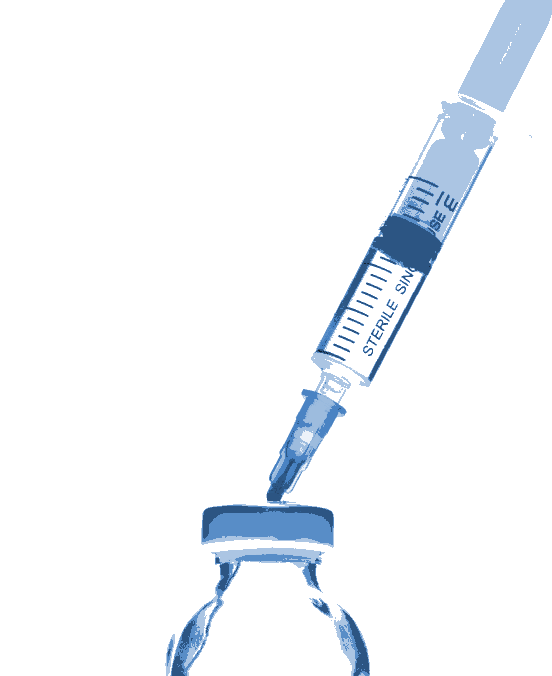Crystal coating for vaccine advance
 Experts want to end the refrigeration of vaccines.
Experts want to end the refrigeration of vaccines.
CSIRO researchers have developed a technique that addresses the challenge of transporting temperature-dependent vaccines, which could increase access in rural and remote communities in Australia and developing countries.
The World Health Organization estimates that at least 50 per cent of vaccines are wasted globally each year, with a lack of facilities and temperature control the major cause.
In a new study published in Acta Biomaterialia, CSIRO researchers encapsulated live virus vaccines with a dissolvable crystalline material called MOFs (metal organic frameworks), which protected the integrity of the vaccines for up to 12 weeks and at temperatures as high as 37 degrees Celsius.
Without refrigeration the vaccines would otherwise last only a few days.
When MOFs were formed around the vaccines they helped protect the vaccine molecules from heat stress. A solution was then used that dissolved the MOF for administration of the vaccine.
The technique was tested on a live virus vaccine designed to protect poultry, and another vaccine for a strain of Influenza A.
The research team is now working to prove the approach for other animal and human vaccines, including mRNA COVID-19 vaccines.
“Vaccination is undoubtedly one of the most effective medical interventions, saving millions of lives each year, however delivering vaccines, particularly to developing countries, is challenging because they often lack the cold storage supply chains required to keep the vaccine viable,” says CSIRO scientist and immunologist, Dr Daniel Layton.
“Live virus vaccines are extremely effective, but their complex composition makes them susceptible to high temperatures, and a universal stabilisation technique has not been found.
“This breakthrough has the potential to enable more affordable and equitable access to vaccines across the world.”
The team is now looking to partner with animal and human health companies to commercialise their work.







 Print
Print